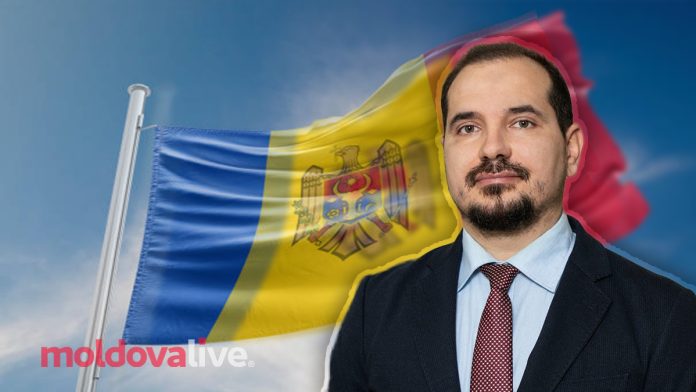According to Minister of Labor and Social Protection Alexei Buzu, the Republic of Moldova does not plan to introduce a four-day work week, unlike several European countries. Speaking to Radio Moldova, Buzu stressed that employee productivity, not time spent at work, is the priority.
“We operate in a service-based and IT-driven economy, where the number of hours worked is no longer the main measure of performance. Productivity matters most. If certain companies want to adopt a four-day workweek, they are free to do so. What’s important for me is my colleagues’ productivity, not how long they sit at their desks. The government will not impose or regulate a specific workweek model for employers in Moldova,” the minister stated.
Buzu clarified that legislation permits companies to adopt a shortened work week, provided employee salary rights are respected. The Labor Code allows flexible work schedules. But it limits the working day to a maximum of ten hours.
FOR THE MOST IMPORTANT NEWS, FOLLOW US ON TWITTER!
Belgium became the first country in Europe to legislate a four-day work week in 2022. Portugal has tested similar models, and the United Kingdom has implemented one successfully for several years. In 2023, the Polish government announced plans to reduce working hours by introducing a four-day workweek or a seven-hour workday by the end of its current term in 2027, according to Radio Moldova. In Romania, however, only four in ten companies are open to such a change.


